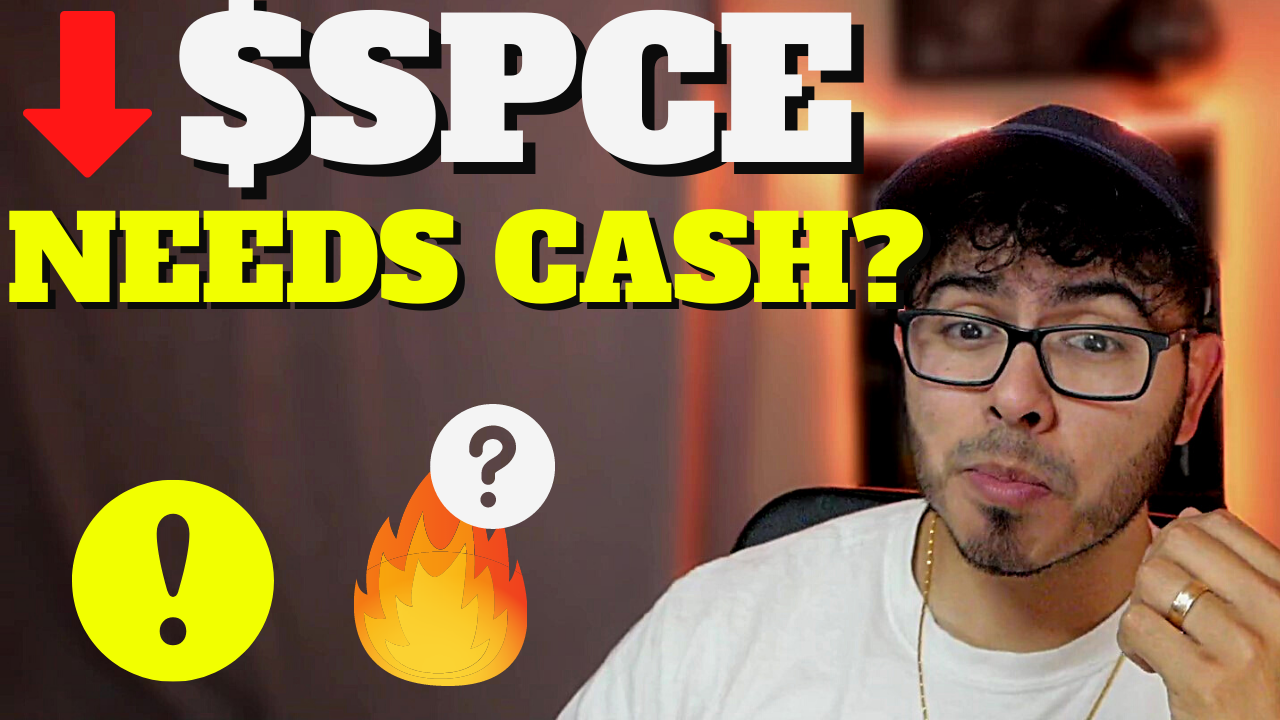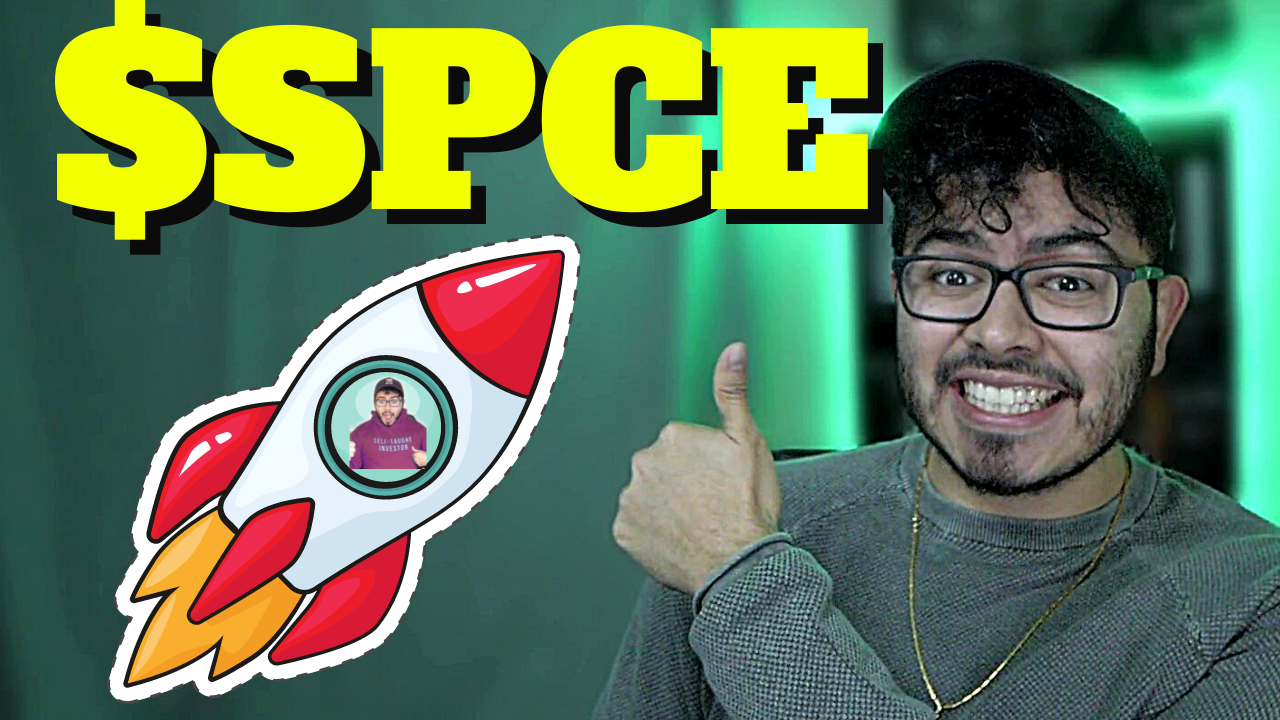Space travel is no longer just the stuff of science fiction movies.
Morgan Stanley (MS +1.23%) estimates that hypersonic travel could become an $800 billion industry by 2040. And one start-up -- Virgin Galactic (SPCE 5.79%) -- is poised to capture a larger share of this high-speed space travel market than perhaps any other company.
Morgan Stanley initiated coverage on Virgin Galactic on Monday with an overweight rating. Analysts at the investment bank say the space travel company's stock is worth $22 -- more than double its current price.

Space travel could become a massive industry. Image source: Virgin Galactic.
Morgan Stanley expects Virgin Galactic to use the technology it creates for and the funds it earns from its upcoming space tourism business to fuel the development of its biggest long-term opportunity: hypersonic travel. "Today's space tourism business serves as a funding strategy and innovation catalyst to incubate enabling tech for the hypersonic P2P (point-to-point) air travel opportunity," Morgan Stanley analyst Adam Jonas said.
The bank values Virgin Galactic's space tourism business at $10 per share. It says the hypersonic travel opportunity is worth $12 -- and potentially much more. "A viable space tourism business is what you pay for today...but a chance to disrupt the multi-trillion-dollar airline [market] is what is really likely to drive the upside," Jonas said.
Virgin Galactic plans to offer commercial spaceflights beginning in 2020. Morgan Stanley says demand for space tourism could be greater than many investors currently expect, with more than 3,000 passengers potentially seeking a seat aboard Virgin's spacecraft by 2030.
At $250,000 per person, these flights won't be cheap by any means. But Morgan Stanley says the number of millionaires continues to rise and that the cost will be feasible for high-net-worth-individuals. "The addressable market for space tourism, while niche, is supported by a range of industries (e.g., yacht charters and luxury cars)," Jonas said.
For all this to happen, however, Morgan Stanley cautions that Virgin Galactic will need to prove the safety of its new spacecraft. "Space Tourism's goal over the next year: be safe, stay funded," Jonas said. "We believe the key catalyst over the next 12 months will be sending even one customer to space and returning safely."
The bank warns that one fatal accident could cripple the company. Such a tragedy would likely result in increased regulatory scrutiny, lower demand for space travel, and a reduced ability to raise capital. "There are many risks and unknowns to the story -- including the possibility of fatal accidents, regulatory obstacles, limited market acceptance, competition, insufficient economics, and liquidity constraints," Jonas said.
Still, Morgan Stanley believes that the possibility of Virgin Galactic fulfilling its mission to become the leader in space travel makes its stock an intriguing investment today. "Taken together, we think the risks are offset by the potential scale of the reward," Jonas said.







